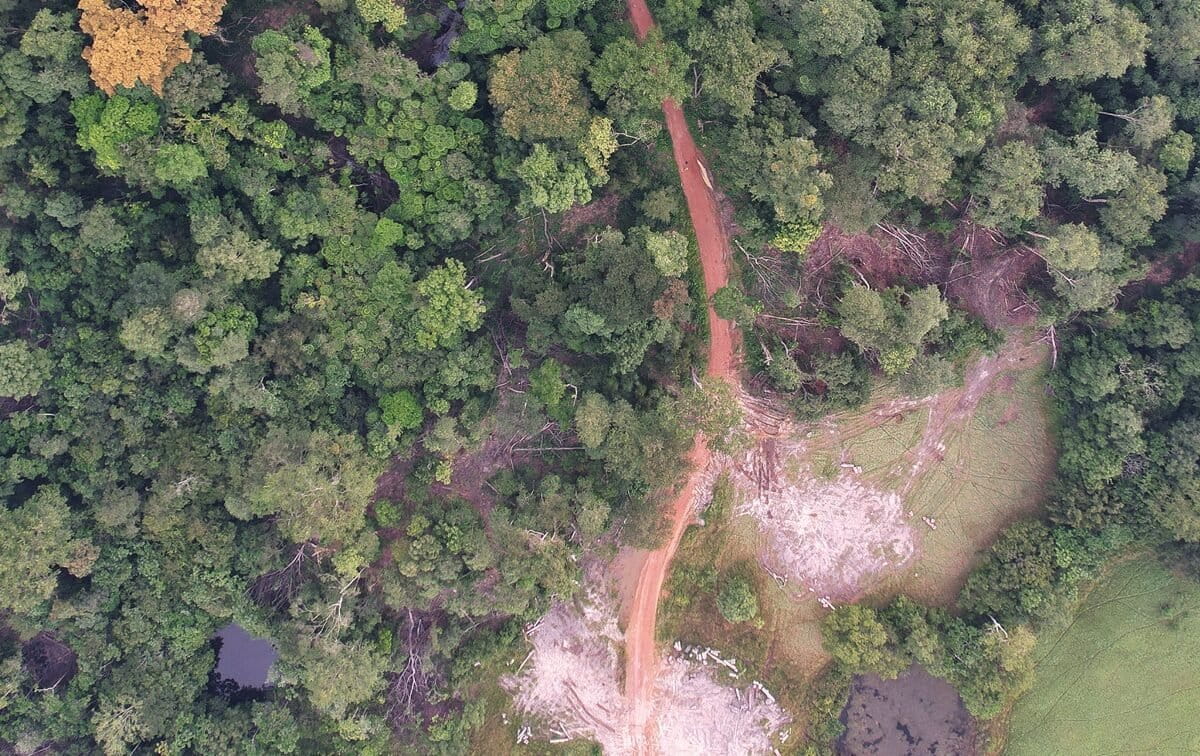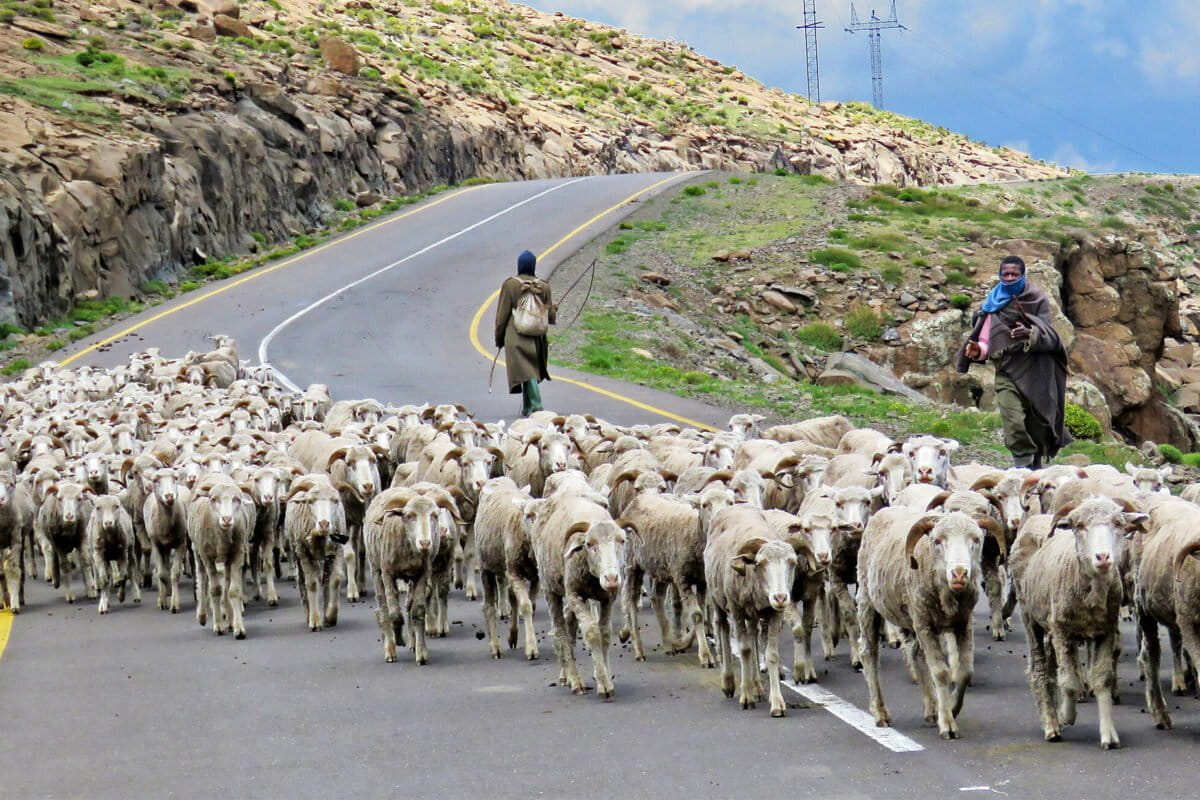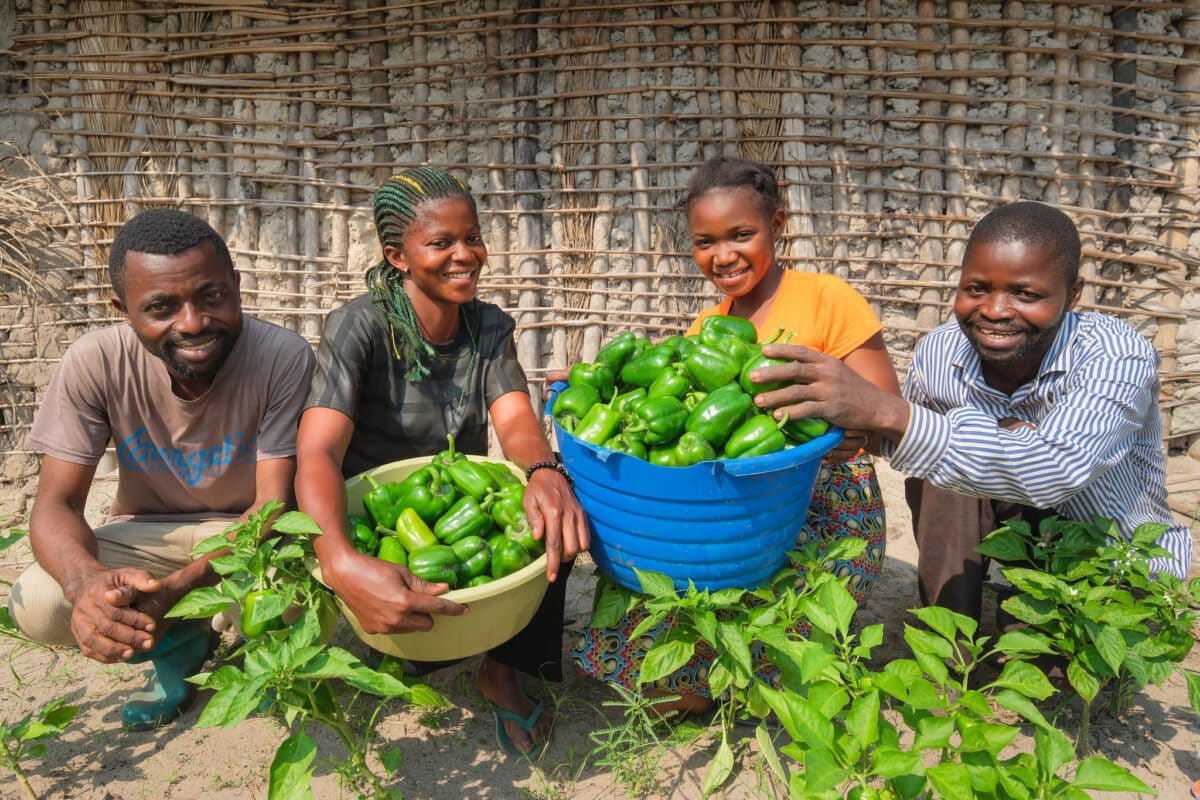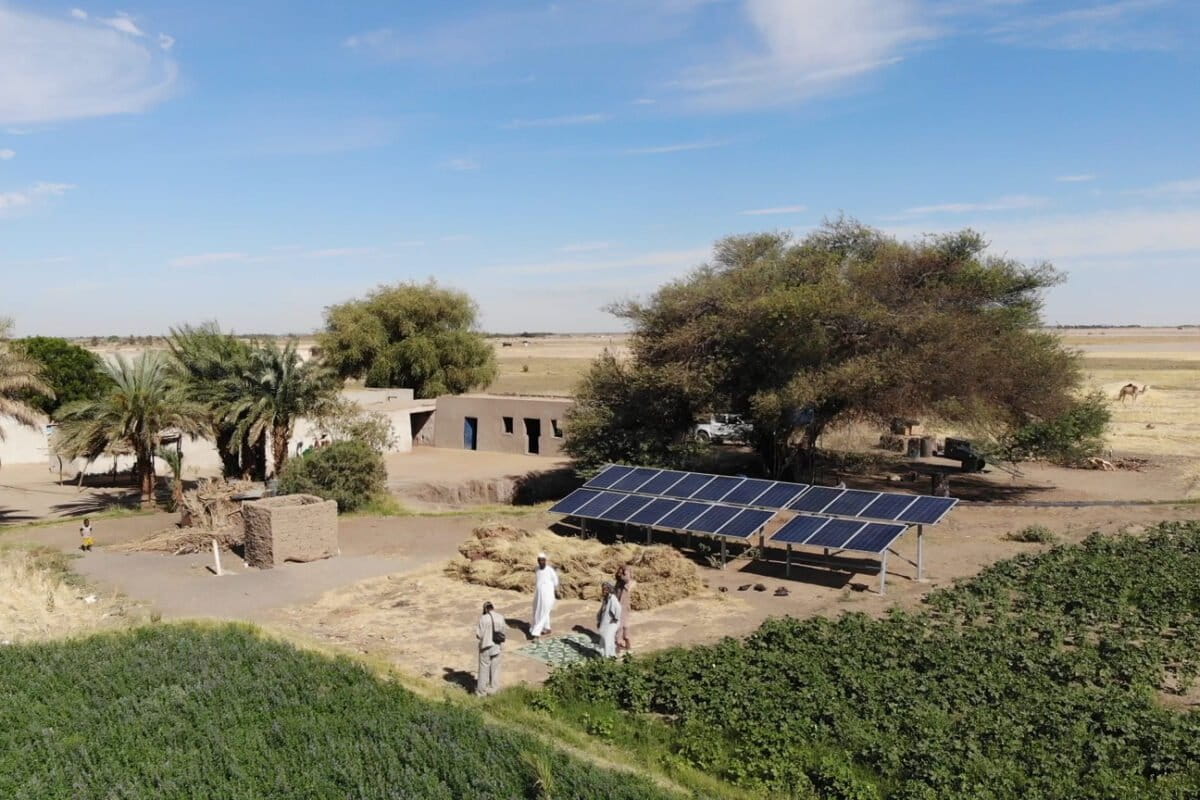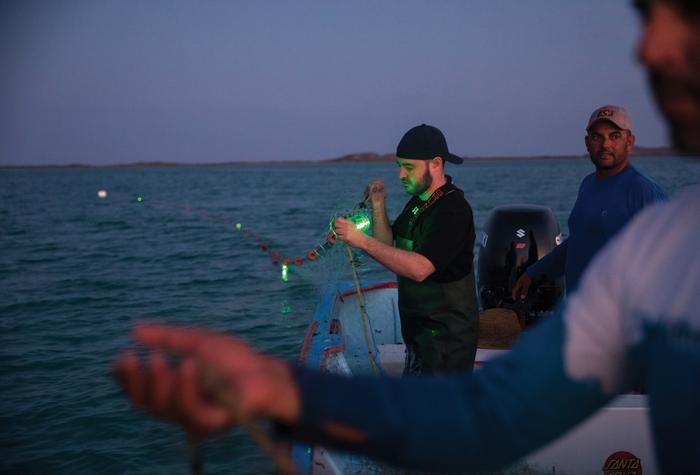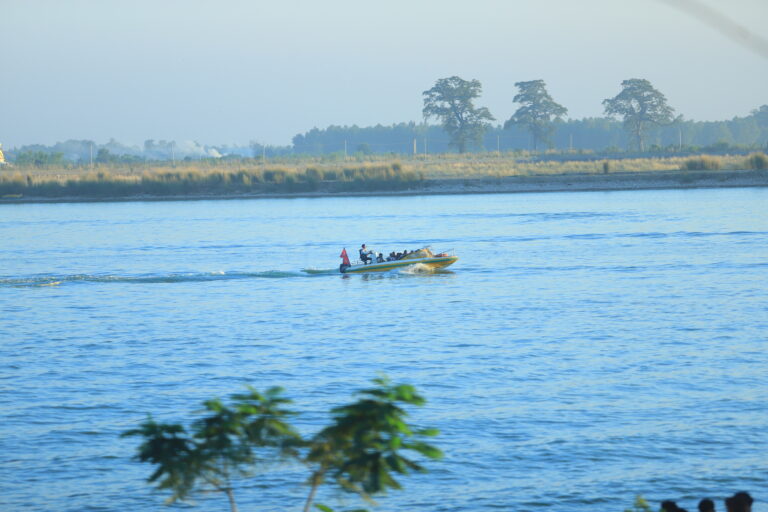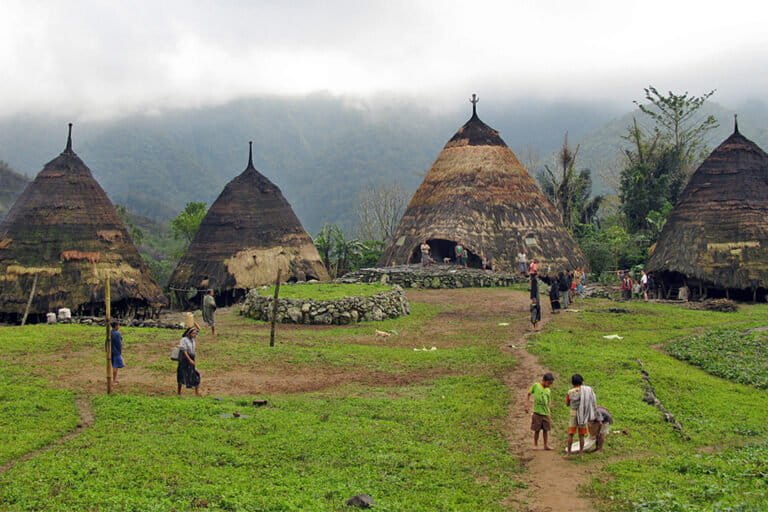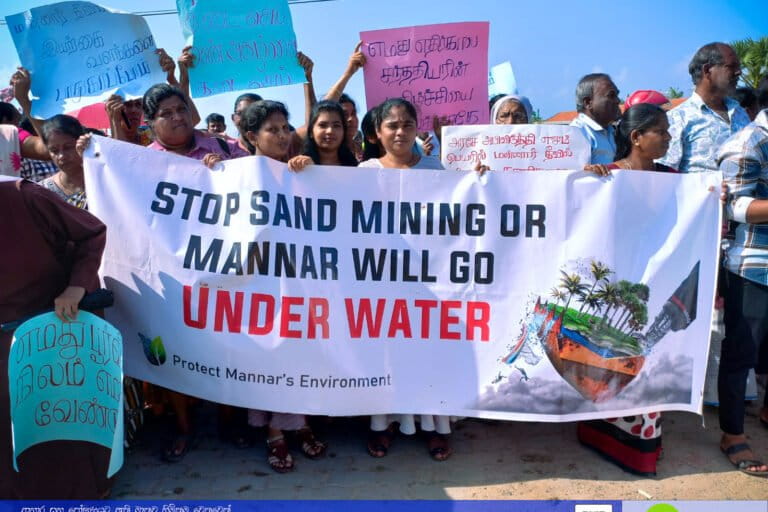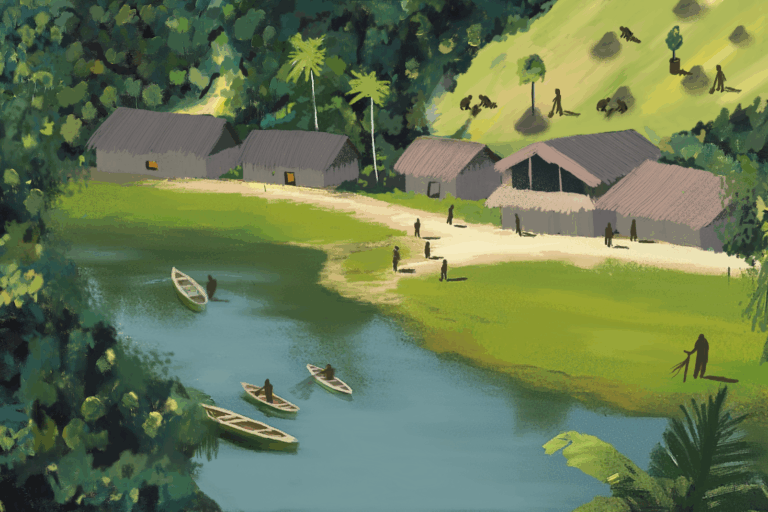- West Kalimantan Governor Cornelis asked President Joko Widodo to let some timber plantation companies drain peatlands, even though Jakarta banned the practice last year.
- In a letter to the president dated Apr. 25, Cornelis makes an economic argument for allowing the companies to proceed as usual.
- Cornelis is a member of an international consortium of governors dedicated to fighting climate change; Greenpeace said his request to the president amounted to a “double standard.”
- His request came just days after Jakarta sanctioned a timber firm in his province for building an illegal canal through the Sungai Putri peat swamp forest.
The West Kalimantan governor wants to exempt timber firms in the Indonesian province from a national ban on peatland drainage, drawing the ire of green groups who say such a policy shift could spell the end of one of the Bornean orangutan’s last strongholds, the Sungai Putri rainforest.
Governor Cornelis, who like many Indonesians goes by one name, outlined his request in a letter to the president dated Apr. 25 — days after the Ministry of Environment and Forestry sanctioned a plantation firm for building an illegal drainage canal through Sungai Putri.
“Companies will lose confidence to invest in the forestry sector,” Cornelis wrote to President Joko Widodo, popularly known as Jokowi. An exemption was needed, he argued, “in order to maintain a conducive and comfortable investment climate.”
Jokowi introduced the ban in the wake of the devastating 2015 forest and land fires, which burned an area the size of Vermont and sickened half a million people. The country’s vast peat swamp zones have been widely drained and dried for agriculture, rendering them highly flammable and prone to emitting huge amounts of greenhouse gases.
Reports of timber firm PT Mohairson Pawan Khatulistiwa (MPK)’s activities in Sungai Putri, one of the last best coastal peat swamp forests on the island of Borneo, began to emerge last year. In March, the environment ministry visited the area; on Apr. 21, it ordered the company to stop operating and close the canal, which then stretched 8.1 kilometers long.
Rosa Vivien Ratnawati, a member of the ministry’s law enforcement team, said that if the company did not obey the ministry’s instructions, its permit could be frozen or revoked. The ministry would also consider a lawsuit, she said.

The governor asks in his letter for every timber plantation firm whose permit precedes Jokowi’s signing last December of a new peat regulation, and that had started operating by then, to be allowed to proceed as usual.
Greenpeace forest campaigner Ratri Kusumohartono pointed out that Cornelis is a member of the Governors’ Climate and Forests Task Force, an international consortium of governors dedicated to reducing carbon emissions. In 2015 he attended the UN climate summit in Paris.
“I think the fact that he’s made that commitment yet wants to open the peat and forest in his province for development is a double standard,” Kusumohartono said.

Cornelis in his letter makes an economic case for the plantations, emphasizing the enormity of both the investments being made and the benefits they will produce for the province.
He also says the companies will protect the forest in their concessions from local people who encroach on them.
This story was reported in part by Mongabay’s Indonesia team and was first published on our Indonesian site on May 15, 2017.
Banner image: A Bornean orangutan (Pongo pygmaeus). The ape is listed as Critically Endangered by the International Union for Conservation of Nature Red List. Photo by Rhett A. Butler/Mongabay.
FEEDBACK: Use this form to send a message to the author of this post. If you want to post a public comment, you can do that at the bottom of the page.




